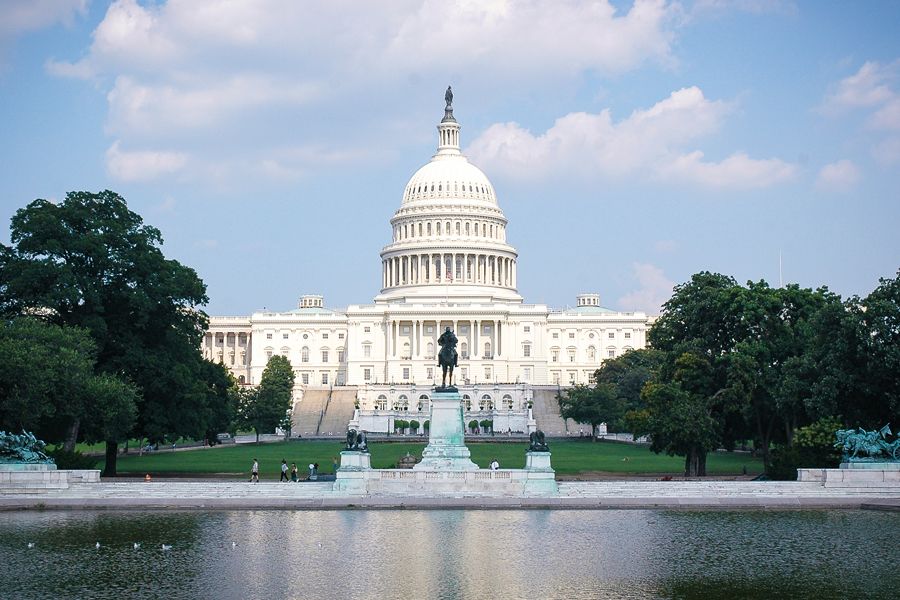Dear HUD Secretary-nominee Marcia Fudge,
I’ve been homeless. I lived in a motel – the “roach motel” as my mom recalls it – and I’ve been on Section 8. Still, as a Black man, I ascended to lead Goldman Sachs’ housing research team by age 24 and I now serve as the leader of a mission-driven real estate investment firm. After seeing two diametrically opposed sides of American wealth, Black families like mine genuinely need you to do five things over the next four years:
Make housing a healthcare matter
Housing is healthcare. Consider this: over just two days in March 2020, 36% of the guests at a large homeless shelter in Boston tested positive for COVID-19, which is nearly ten times the 3.8% of Americans that have tested positive for COVID-19 since its inception. Creating the infrastructure for the housing system and healthcare system to intentionally work together could save the country billions or trillions while stemming disease, including squelching the spread of COVID-19.
Remove racism from appraisals
Redlining is dead, but racism in appraisals is not. The real estate appraisal industry is faceless and under-the-radar yet one of the most powerful dictators of financial success in our country. Appraisers give every bank in America the power to say “yes” or “no” on lending because appraisers determine the official worth of properties. The correctable problem is that being Black, by itself, lowers the value of your home in the appraisal process in multiple ways. Resolving the bias in the appraisal industry without creating unintended hyper-gentrification could correct a century’s worth of economic value destruction for Black people.
Fix opportunity zones
Providing new tax incentives in certain low- to moderate-income neighborhoods to spur redevelopment makes sense, but only if the folks that live there are able to participate economically as well. Most do not know that you, as the new HUD Secretary, will replace Ben Carson the new Chair of the White House Opportunity and Revitalization Council that was given the power, by a Trump executive order, “to target, streamline, and coordinate Federal resources to be used in Opportunity Zones and other economically distressed communities.” Over the next four years stronger reporting requirements around Opportunity Zones and an expansion of eligibility so that Opportunity Zone community members can participate, potentially in exchange for extending certain deadlines for the program, could shrink the wealth gap expansion that is occurring in these neighborhoods if this legislation continues as is.
Kill the cliff effect
If my uncle and his partner earn $1 above $39,840 they will lose their housing because of HUD and HUD-linked policies – this is the “cliff effect.” Not only are my family members disincentivized from earning more money, they are in grave risk by getting too close to earning $39,840, which is much too close to the federal poverty line. Leverage the full breadth of the HUD office to create a stairwell approach out of poverty. Create incentives that encourage people in poverty to make more money, not less. Conservatives consistently seek to eliminate these economic disincentives while liberals hate the cliff effect and no one wants to be $1 away from losing their home.
Collaborate with the private sector to create solutions
Ultimately Black Americans have no desire to remain only the recipients of affordable housing, we want to build it and support it. The foundational changes above, if implemented, would have a life-changing impact on millions and an especially unique effect on those that have been disproportionately hurt by past policies. What my family has had to go through to get close to the American Dream is leaving too many Black families in multi-generational poverty and you have the power to make a major difference. Please be a difference maker.
Microsoft committed $750 million to affordable housing over the last two years and recently announced a rent-buy down program for properties in Greater Seattle. Health insurers and hospital systems across the country are pushing their care upstream to provide care in homes; the largest health insurer in the country is giving homes to the homeless because it’s financially advantageous to do so, and they can afford to. Even a smaller company like Omicelo, which I lead, is partnering with BNY Mellon to create a financial tool called Community WINs that allows community members to purchase small stakes in individual investment properties, similar to the way one could buy a fraction of a share of stock through ETrade or Robinhood. Approach your role as HUD Secretary by first engaging with communities and companies deeply. There are many well-intentioned humans of every creed and color in the private sector who simply want to create strong, sustainable, inclusive communities and quality affordable homes for all, which is HUD’s mission after all. Don’t just stay in DC; engage us all.
Ultimately Black Americans have no desire to remain only the recipients of affordable housing, we want to build it and support it. The foundational changes above, if implemented, would have a life-changing impact on millions and an especially unique effect on those that have been disproportionately hurt by past policies. What my family has had to go through to get close to the American Dream is leaving too many Black families in multi-generational poverty and you have the power to make a major difference. Please be a difference maker.
Joshua Pollard is president and CEO of Omicelo, a mission-driven real estate investment firm.








